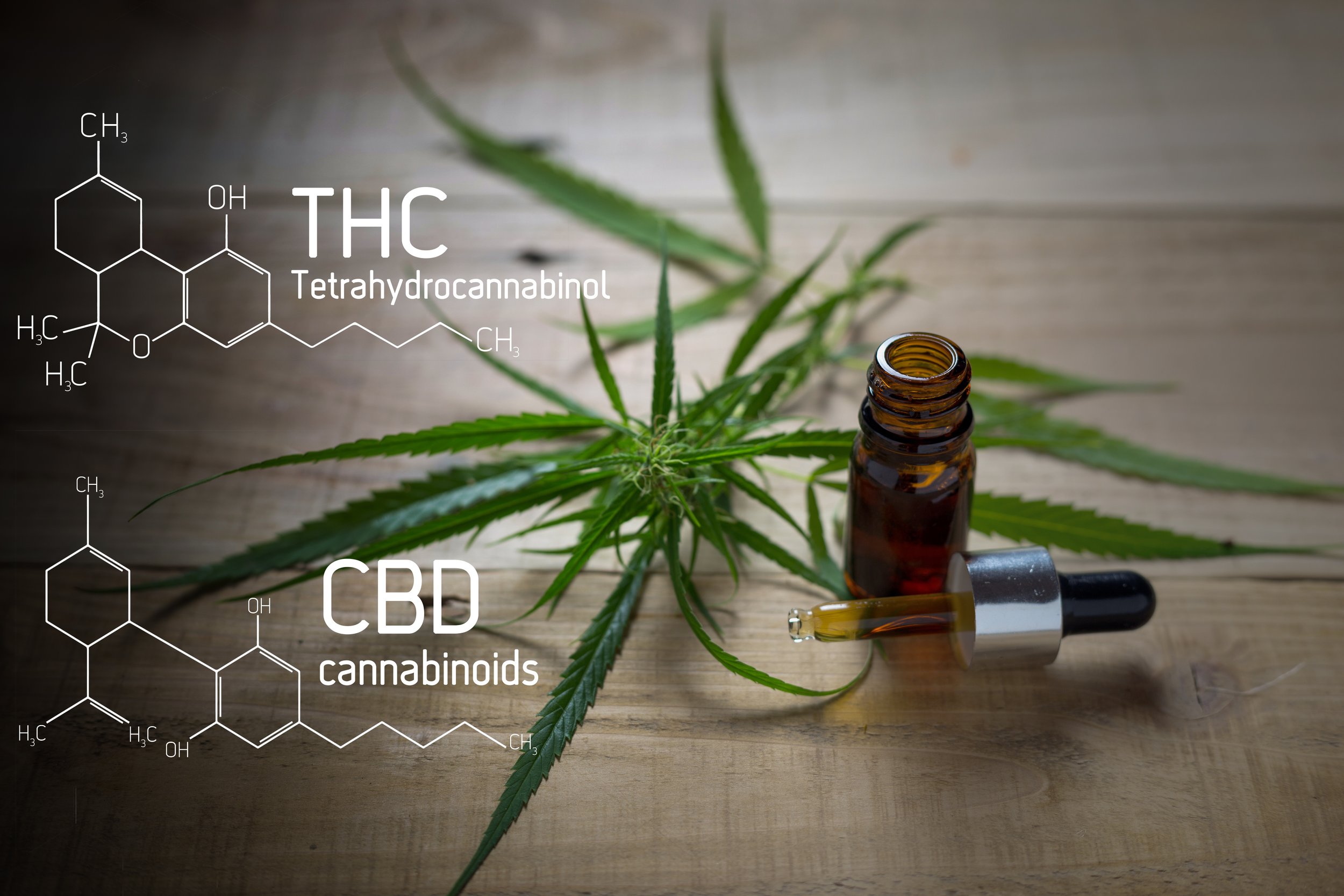
Our Services
Massachusetts Regulatory Testing Requirements for Cannabis Presentations
Please note that while Terpene Analysis is not required as part of a compliance Screen in Massachusetts, Assured Testing Laboratories includes this as standard at no extra cost for Flower and Concentrates.
Flower
Full Compliance Screen
Cannabinoid Profile
Terpene Analysis (*included)
Microbial Screen
Mycotoxin Screen
Heavy Metal Screen
Pesticide Screen
Concentrates
Full Compliance Screen
Cannabinoid Profile
Terpene Analysis (*included)
Microbial Screen
Mycotoxin Screen
Heavy Metal Screen
Residual Solvent Analysis
MIPS
Full Compliance
Screen
Cannabinoid Profile
Microbial Screen
Mycotoxin Screen
Terpene Analysis (*on request $25)
Profile Testing (Terpenes and Cannaboids)
Cannabinoid Profile: Assured Testing Laboratories uses High Performance Liquid Chromatography (HPLC) to provide detailed cannabinoid profiling of 16 cannabinoids. Chromatography involves separating the mixture of cannabinoids in a sample. The amount of each cannabinoid is determined by shining UV light on the separated compounds. Each cannabinoid absorbs the UV light to a different measure depending on its concentration.
*Terpene Profile: Assured Testing Laboratories identifies and quantifies 23 terpenes. Terpenes are aroma molecules that produce that wonderful characteristic smell and flavour of cannabis. Terpenes have a bioactive element, with evidence to suggest that these bioactive qualities have the ability to enhance the effects of cannabinoids on the endocrine system in the body.
Contaminant Testing
Microbiological Screen: Assured Testing Laboratories utilizes a microarray based technique which has increased the accuracy of pathogenic microbial monitoring by exploring new biomarkers. Molecular techniques have greatly increased the sensitivity and accuracy of detection and quantification of microbial contamination and are fast emerging as the most reliable and accurate detection approach for cannabis borne pathogens.
Mycotoxin Screen: Assured Testing Laboratories uses Liquid Chromatography and Mass Spectrometry (LC-MS) to screen for mycotoxins, toxic metabolites of moulds and fungi. During the cultivation or storage stage, cannabis can be susceptible to the natural growth of fungi that produce mycotoxins.
Heavy Metal Screen: Assured Testing Laboratories uses Inductively Coupled Plasma Spectrometry and Mass Spectrometry (ICP-MS) to test for Arsenic, Cadmium, Mercury and Lead. As cannabis is a bio-accumulator, it will attract and hold onto these heavy metals, allowing them to accumulate in the plant. These metals are highly toxic to the human body and can cause serious brain injury over time.
Pesticides Screen: Assured Testing Laboratories uses Liquid Chromatography and Mass Spectrometry (LC-MS) to screen for nine pesticides required in Massachusetts. Pesticides are used to kill pests and can be highly toxic. Insecticides, fungicides and plant growth regulators are prohibited for use in cannabis cultivation in Massachusetts.
Residual Solvent Analysis: Assured Testing Laboratories uses Mass Spectrometry to test for residual solvents. Solvents used in the cannabis industry include but are not limited to butane, propane and carbon dioxide. This is done to produce a final refined product and must be properly purged during the extraction process; however, there is potential that high volumes of these solvents can remain present after purging, and screening of solvents is necessary for assuring safety and quality.
Vitamin E Acetate: While Vitamin E Acetate is safe to ingest and apply topically, there are numerous studies that show it can cause harm when inhaled leading to serious lung complications. EVALI is a serious medical condition in which a person’s lungs become damaged from the use of products containing Vitamin E Acetate where that substance has been found as an additive in vaping products, particularly those containing cannabis.
*Plant Virus Analysis: Hop Latent Viroid is known to cause “Dudding Disease” incannabis. These organisms are the smallest known plant pathogens and consist of a strand of infectious RNA and, as an obligate parasite, can cause serious reductions in yield, known to wipe out as much as 30% of potential Cannabis crop. To allow cultivators take fast action to remove infected plants before viruses spread and impact potency and growth, Assured Testing Laboratories uses the Phytox assay to test for the presence of Hop Latent Viroid as well as 8 other potentially harmful plant virus pathogens as follows:
Hop Latent Viroid (HLVd)
Lettuce chlorosis virus (LCV)
Cannabis cryptic virus (CanCV)
Beet curly top virus (BCTV)
Tobacco streak virus (TSV)
Arabis mosaic virus (ArMV)
Alfalfa mosaic virus (AMV)
Tobacco mosaic virus (TMV)
Cucumber mosaic virus (CMV)







